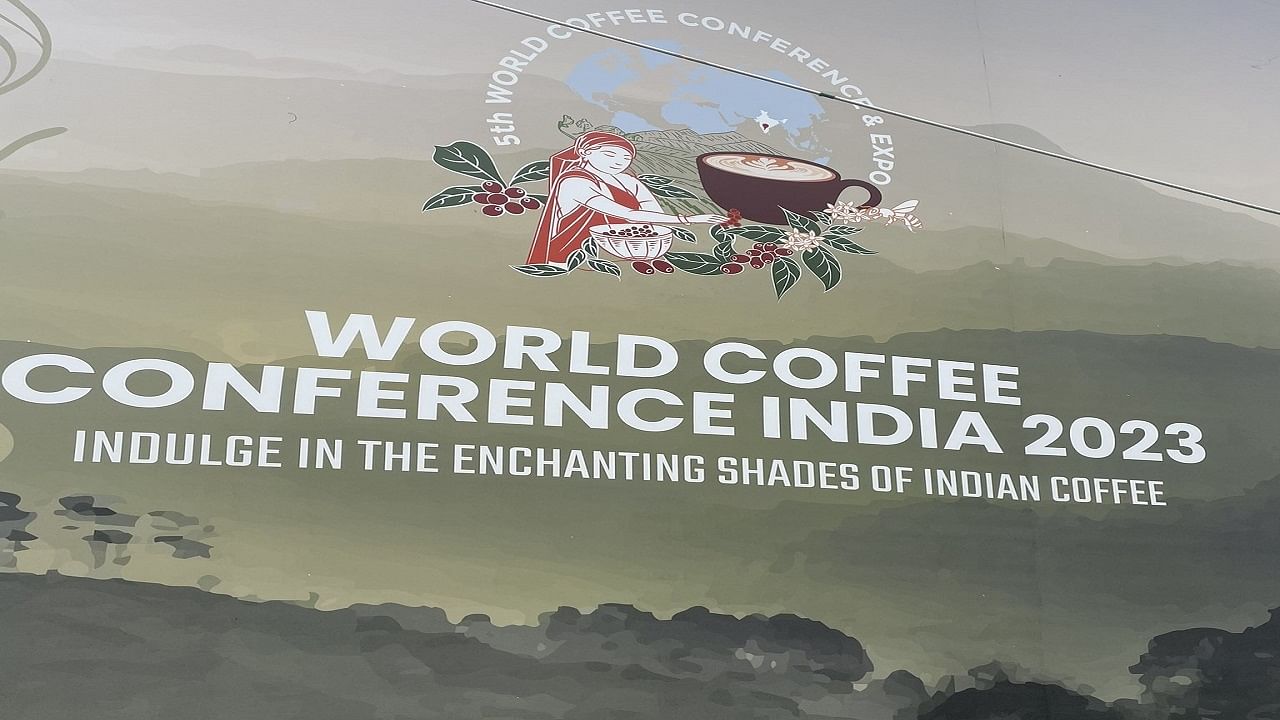
The World Coffee Conference (WCC) held in Bengaluru has played a pivotal role in elevating India's reputation as a producer of exceptional coffee and highlighting the booming coffee culture within the country.
Organized by the International Coffee Organisation and the Coffee Board, this four-day event concluded recently and provided a platform to showcase the sustainable cultivation practices of Indian coffee to a global audience.
KG Jagadeesha, the CEO and Secretary of the Coffee Board expressed his enthusiasm about the incredible response to WCC2023 from both global and domestic stakeholders. He believes that this event will empower Indian coffee growers to secure better prices for their produce in the future, attract investments, leverage technology, and foster innovation in the industry.
The conference drew more than 2,600 delegates, including 323 participants from 31 coffee-growing and consuming countries. The discussions at the event revolved around the theme of "Sustainability through Circular Economy and Regenerative Agriculture," addressing the various challenges faced by the coffee sector.
One remarkable feature of Indian coffee cultivation is the practice of growing coffee under the shade of other trees, in contrast to major producers like Brazil and Vietnam, which grow coffee in open fields.
This unique approach has led to Indian coffees commanding premium prices in the global market. According to Jagadeesha, Indian coffees now fetch premiums of 15-20% over terminal prices in London and New York, a significant improvement compared to the 10-15% discounts seen two decades ago.
While India has made strides in coffee cultivation, it still has room for growth in terms of adopting advanced processing technologies.
However, the coffee culture is rapidly spreading in northern parts of the country, with Mumbai emerging as a prominent coffee hub alongside Bengaluru.
Despite the growing cafe culture in India, a notable challenge faced by the sector is the shortage of trained baristas. To address this issue, the Coffee Board plans to train over 1,000 baristas across the country. They have also established a mobile team dedicated to skill-building efforts.
Additionally, the Coffee Board unveiled the India Coffee App, a tool designed to provide growers and exporters with access to the Board's services and offer valuable information, including weather updates and market prices.
Speaking at the growers' conclave, Amardeep Singh Bhatia, Additional Commerce Secretary, highlighted the increasing global demand for coffee over the past three decades, especially for specialty coffees. This rising demand presents a positive outlook for the coffee industry.
However, climate change poses a significant challenge to coffee production worldwide. Bhatia emphasized the need for producing countries to develop strategies to address issues like climate change, increased pest attacks, and residues in coffee production. He stressed the importance of accelerating research and development activities to combat these challenges effectively.
The Indian government is actively promoting coffee cultivation in non-traditional growing regions. Bhatia stated that the government aims to expand coffee cultivation by an additional two lakh hectares over the next decade in non-traditional growing states such as Andhra Pradesh, Odisha, Tamil Nadu, and the North-Eastern regions.
Thus, the four-day WCC2023 showcased the vibrancy of the coffee industry in India, attracting a diverse range of participants from coffee-producing and consuming nations, along with various stakeholders. It underscored India's emergence as a premium coffee producer and the need to address challenges posed by climate change and other factors in the industry's growth. The event also emphasized the importance of innovation, skill development, and technology adoption in the Indian coffee sector's continued success.
















